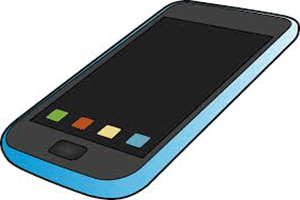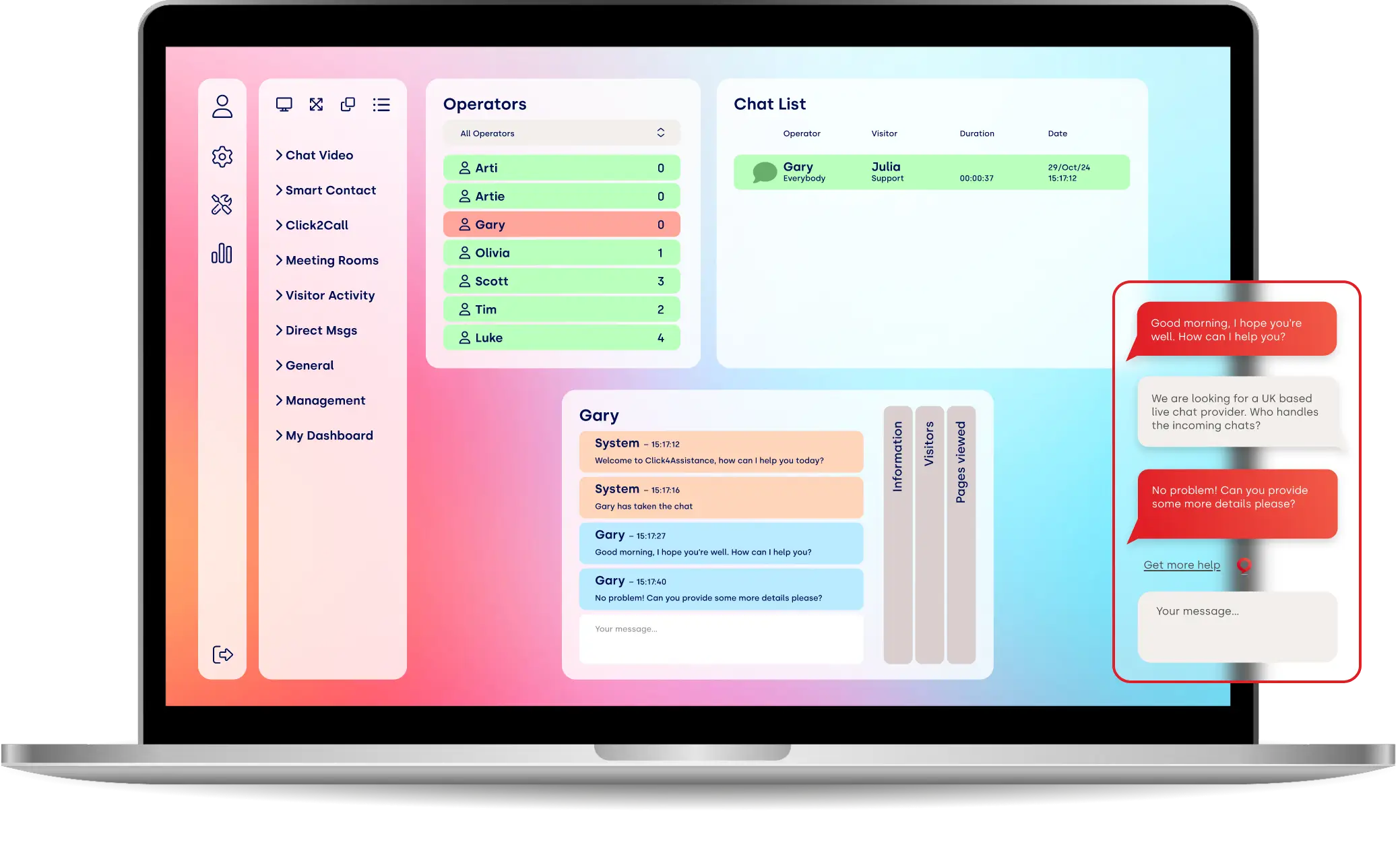Improving Engagement by Altering Online Communication

Winning at Work with Shaun Belding recently published their article CHANGE YOUR WORDS, CHANGE YOUR WORLD. The post discussed that if you alter the way you speak in a customer service role, framing your questions in the customers’ best interests it dramatically increases the rate of positive responses received.
The case studies provided in the article occurred in a physical environment with customer present in person. This included:
Offering Assistance
A retail client of the Belding Group wanted to see if they could change the number of people who reflexively said “No thanks, I’m just looking,” when asked by an employee “Can I help you?”
Their experiment consisted of employees in ten stores continuing to engage with customers with the traditional wording. Whilst in another ten stores they switched to “What can I help you find today?”
60% of customer responded that they were just looking to “Can I help you?” Whereas, less than 40% replied in the same way when asked “What can I help you find today?”
Asking a closed question such as “Can I help you?” makes it very easy for customers to say no instantly, where on the other hand “What can I help you find today?” is an open question that will prompt the customer to say what they are looking for, as they would already be thinking of the product or service.
Referring to a Colleague
In another scenario a few years ago, a financial institution altered how their front line employees directed customers. Rather than saying “You’re going to have to talk to a loans manager about that,” they would say “Our loans manager will be able to help you with that better than I can.” This also resulted in more customers responding positively.
The wording suggests that there is less effort involved for the customer to speak with the loans manager as “You’re going to have to” proposes that the customer will have to arrange to talk to them, whereas “Our loans manager will be able to help you with that” suggests that they are available and that it is no problem. It can also make the customer feel more valued and reassured knowing they will be speaking to an expert about their finance enquiry.
Everyday Communication
We can even change the way we communicate in our personal lives.
Instead of saying “You always want to eat Italian food, I want Sushi,” you can try making it more of a suggestion than a demand which helps others agree to it, for example “I know how much you love your Italian food, but can we try sushi tonight?”
Dealing with children can also be a bit of a challenge. When telling a child, “You’re doing this wrong,” it is guaranteed that you will be met with a negative response and they will continue the task in the incorrect manner to prove a point. If they just happen to succeed you might even receive a smug little “I told you so!” A better way to phrase it is by saying “You may find it works better if you do it this way,” then you can celebrate with a smug little “I told you so!”
Changing Online Communication
Similar to a store assistant approaching a customer to see if they need help, Click4Assistance provides Proactive Invitations that asks a website visitor to enter a chat. Your organisation can A/B test the wording on the Proactive Invitation to see what design gives you the best uptake.
“What can I help you find today,” may be the best result in store, however this could be altered to fit more appropriately online, or you may have your own wording that suits your audience. Try each proactive based on exactly the same rules and length of time; this ensures that the results are comparable to find the wording that achieves the best uptake.

Once in chat, your representatives can greet your visitors with “How can I help you?” or “What can I help you with today?” These are open questions that allow the visitor to respond with their enquiry. If referring the visitor to a colleague, it is best to word the transfer in a similar manner to how the financial institution passed the customer over to their loans manager, “My colleague will be able to answer your questions fully, I will just transfer you to them now.” This takes away any effort for the customer to have their enquiry answered
Some visitors in chat may need instructions on how to do something, try to refrain from repeatedly telling them “You need to do this,” and “You need to do that.” Instead you can say “The next step is to navigate to ABC, from there click DEF” etc.
Also just like a child, it is advisable not to tell your customers they are doing something wrong! Ask them to explain what they are doing and when you identify the problem, suggest that they will get results if they do it in a different manner (the correct way!)
Training yourself and others to make these subtle changes in the workplace and in life can help you achieve higher results of receiving more positive responses, rather than being met with a brick wall or causing a negative situation.
For advice about customising and testing Proactive Invitations or training your representatives to answer chats efficiently, speak with your account manager by calling 01268 524628 or email theteam@click4assistance.co.uk.
























